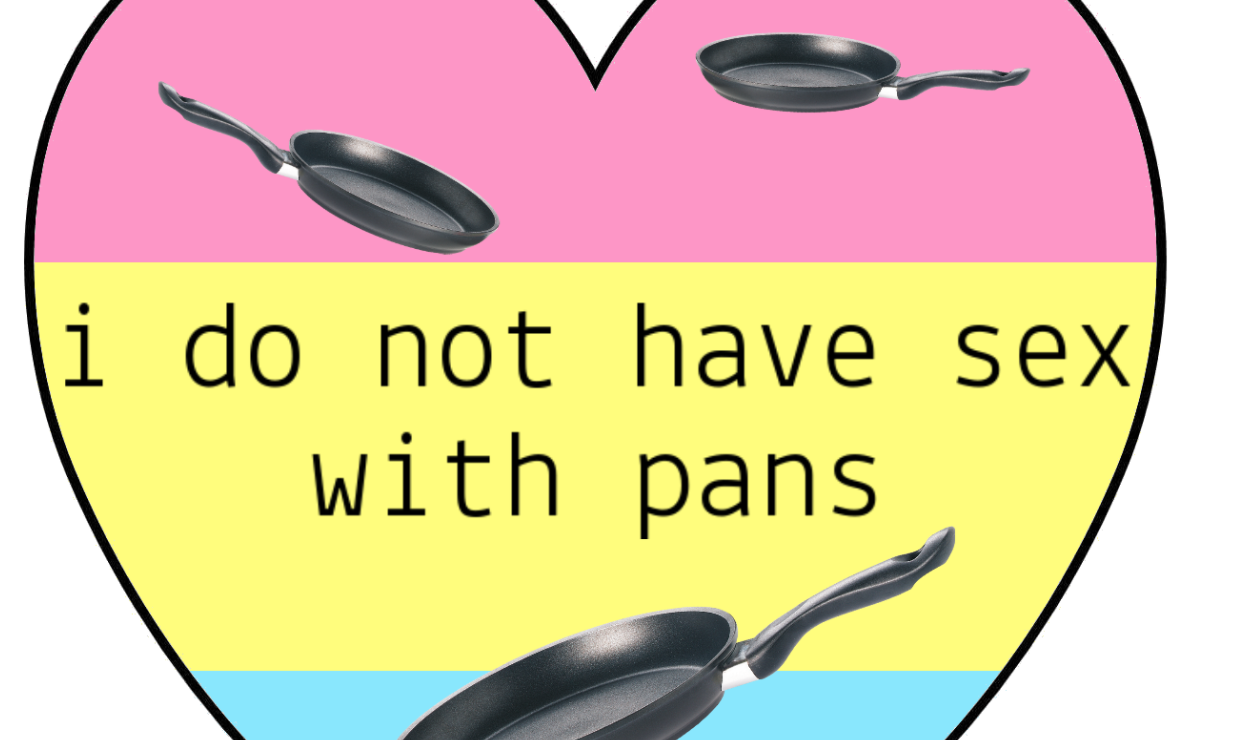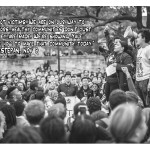by Ashia Ajani
Anonymous Tumblr user sends a question to user “cantcolonizethispussy” along the lines of : “Hello, I am Indian and I’m a lesbian. I was wondering how you came out to your parents? I’m so scared.” Cantcolonizethispussy responds something along the lines of: “LOL you think I’ve come out to my parents? I’m just assuming a random family member is gonna stumble upon a social media post and we avoid talking about it for the rest of our lives.”
National Coming Out Day was October 11th (a lifetime ago in college time). As with every year, the occasion prompted a flood of social media posts in support of the queer community and those within in who choose to use this medium to come out. My own Facebook feed was flooded with a gorgeous wave of self-determination and declaration. And yet, I couldn’t bring myself to make my own post. I could say something about fear or lack of solidarity or my own shortcomings, but when you really get down to it, the concept just doesn’t really appeal to me.
Anyone on campus who knows me is aware of the fact that I am queer, and prefer to use the term queer over bisexual, which in itself is a form of erasure of bisexuality I willingly participate in. Or maybe a form of self-preservation. I don’t know. All I really know is, I’m queer, I experience life as a queer person of color (whatever that means) and my family, besides my dad, really has no idea.
I actually “told” my dad through a social media post: one of those memes that refutes the notion that pansexual people are attracted to pans (2012 was a wild year, y’all) that he happened to stumble upon and subsequently like. He didn’t confront me about it in person, bring it up or try and ask me questions; we don’t talk about it. I don’t know if this is out of respect or awkwardness or general ignorance, but to a certain extent, it’s nice. We spend most of our time complaining about rising gas prices and how I don’t have my driver’s license yet, and would I please stop asking to pick up takeout, we’ve got food at home.
My mother, on the other hand, does not have any form of social media and probably never will, which gives me an eerie, borrowed sort of peace. We’re Southern, which is another way of saying “mind ya business but also be up in everybody else’s business”; my mother tries to pry information out of me about my dating life that I don’t volunteer. She closes every prompting with: “Don’t limit yourself to Black men. You don’t need to be with a Black man to have a loving relationship.” Yeah mom, I know.
As I’ve grown as a writer and as a human being, the notion of coming out has fascinated me. Recently, a couple of my friends of color have made that leap and talked to their families about their queerness. There is a collective fear of rejection, ostracization, the altered treatment that emerges out of the introduction of new information. These horrors we’ve witnessed through mainstream media portrayals of coming out, through personal narratives and our own heightened sense of what could go wrong make the thought of a formal coming out terrifying.
Coming out manifests itself in the choices we make every day, and I justify my existence in all of my interpersonal interactions–as part of the queer community, as a femme-presenting woman of color, as someone whose Pelahatchie, Mississippi backwoods family dangerously hybridizes machismo and Black hypermasculinity. Coming out seems to be a white myth: do I really need to sit my mother down in all her misguided notions and blocked ears and tell her that I may one day marry a woman or nonbinary person? What trauma do I need to keep bleeding out in order to be heard? My identity doesn’t need to be a performance. I constantly remind myself that I exist for myself and myself alone.
During the summer of my freshman year, I worked as a teaching fellow for middle schoolers where I presented “radical” notions about intersectional feminism and environmental justice in two separate classes. I wasn’t allowed to play “She Keeps Me Warm” by Mary Lambert as part of a unit about uplifting songs. I was constantly censoring myself in front of students, limiting knowledge about my personal life, always saying “gay isn’t a derogatory word” to eleven and twelve year olds who probably knew better than those in charge that at least half of the teaching population was queer. And the events of the past summer didn’t make covering it up any easier.
After the shooting of a Latinx club in Orlando, National Coming Out Day has potentially taken on a whole new meaning for queer people of color, especially those, like me, who are a part of Latinidad. We now recognize our position as doubly marginalized and understood holistically, and a new solidarity emerges from that. In remembrance, we come to terms with our own mortality, our own lives and pain and trauma and the limitations of our love. But we also marvel at and worship the beauty of our love and our narratives in the face of struggle: we are limitless.
Solidarity shouldn’t confine itself to trauma. I can bring up my queer personhood of color in casual conversation. I can mention it in passing, or let it sink down to the bottom of a cup of peach ginger tea, or tell someone I love that I don’t need to be handled with kid gloves. National Coming Out Day don’t mean shit to me. Hey, y’all: I’m queer. Look, I did it again.



